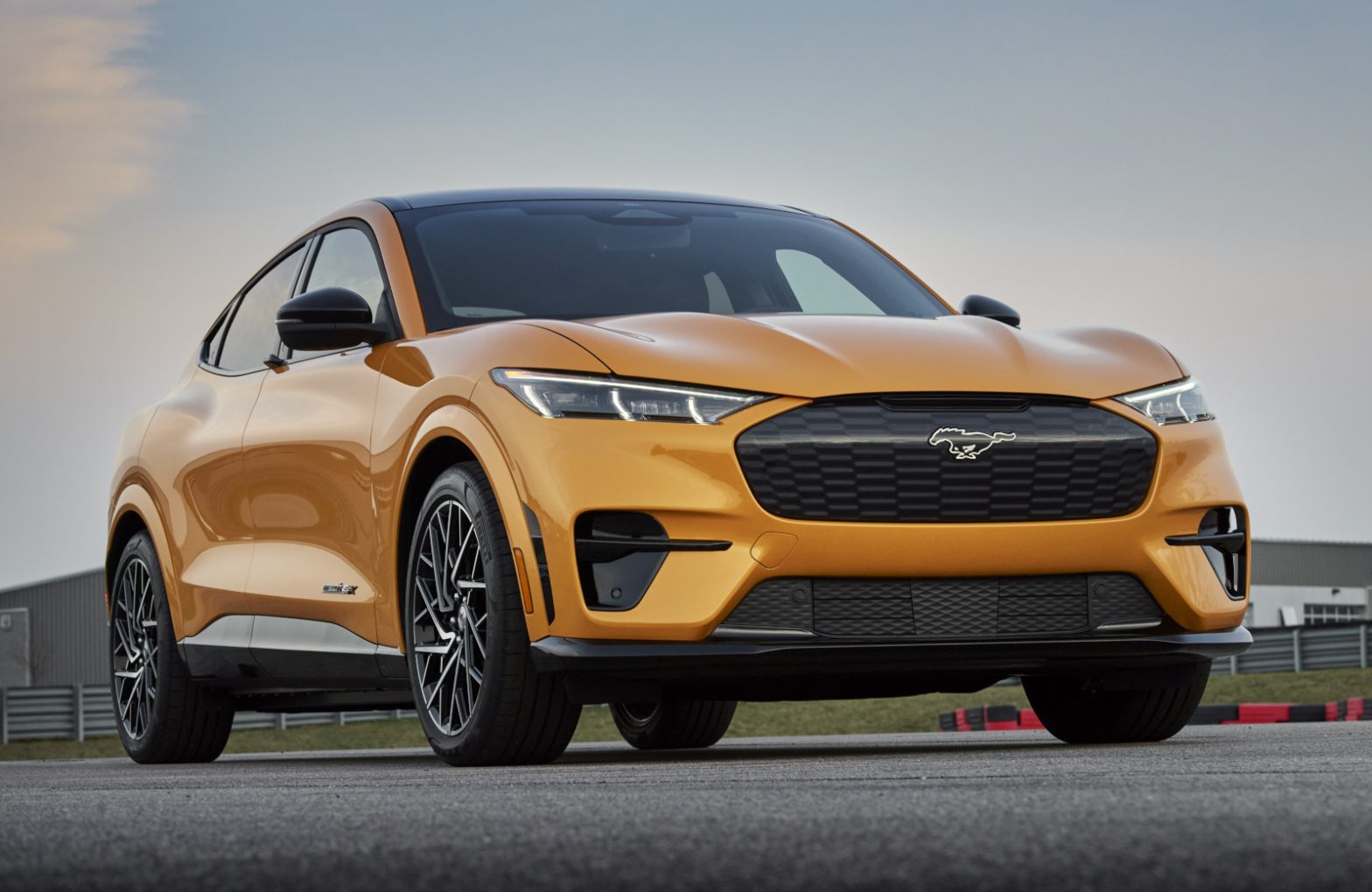Ford CEO Jim Farley tweeted that it’s been tough keeping up with the “incredible demand” for the company’s all-electric Mustang Mach-E, but the automaker’s going to try. In the tweet, he said Ford is increasing production of the Mach-E to 200,000 vehicles per year in the US starting in 2022 and in Europe by 2023. That’s triple the units the company manufactured in 2021. While Farley didn’t detail how Ford plans to make that happen, Automotive News has reported that the company will delay its Explorer and Aviator EVs to make way for Mach-E production.
According to the publication, Ford sent a memo to suppliers telling them that the electric vehicles would be delayed by 18 months. Further, the EVs will no longer be manufactured at Ford’s Cuautitlan, Mexico plant, which will now be dedicated to manufacturing the Mustang Mach-Es. The Explorer and Aviator EVs were supposed to be the company’s next major EV launch after the F-150 Lightning and were scheduled to start production by mid-2023. The 18-month delay means it won’t be rolling off the production line until December 2024 — Ford also has yet to announce which factory will manufacture the new vehicles.
Farley previously said the Ford has decided to double its EV output to 600,000 electric vehicles per year by the end of 2023 as part of its efforts to become the biggest EV manufacturer in the US. Back then, Automotive News reported that production will be spread across the Mustang Mach-E, F-150 Lightning and E-Transit.
All products recommended by Engadget are selected by our editorial team, independent of our parent company. Some of our stories include affiliate links. If you buy something through one of these links, we may earn an affiliate commission.
